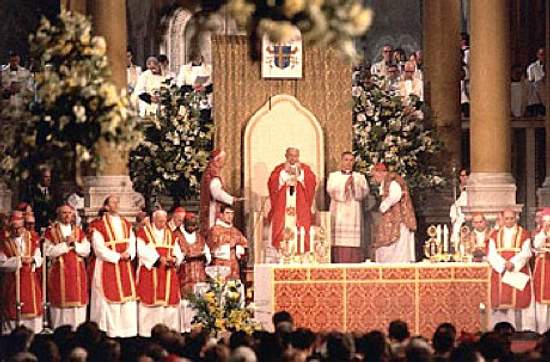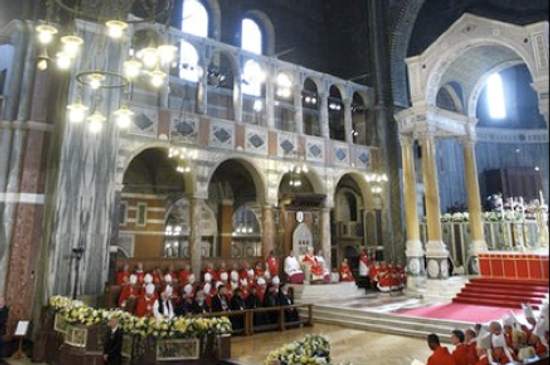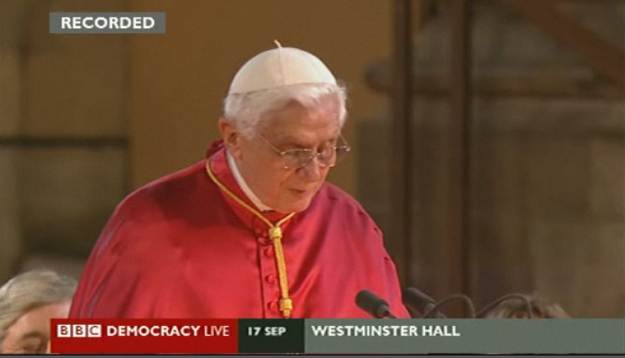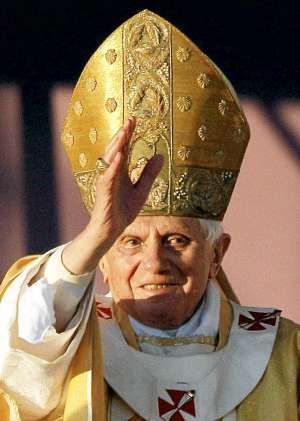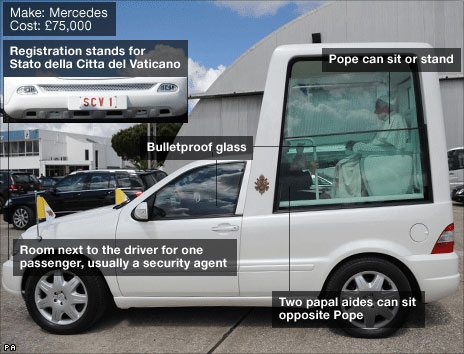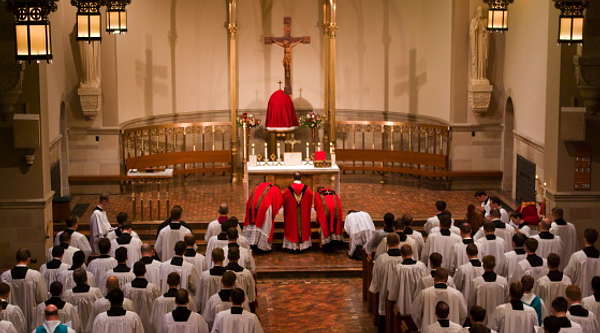Liturgiske nyheter fra Filippinene
De liturgiske ansvarlige fra alle/mange bispedømmer på Filippinene var nylig samlet i Manilla for å markere 25-årsjubileeet for sin organisasjon – National Meeting of Diocesan Directors of Liturgy (NMDDL). Der vedtok de også en uttalelse som av mange er blitt tolket som et angrep på pave Benedikts liturgiske idealer, og hans motu proprio om den tradisjonelle messen. Slik uttaler de seg:
As we look back with gratitude at what NMDDL has accomplished, we look forward to what remains to be done so that the liturgy will become more vibrantly the source and summit of the Church’s life in the Philippines. Hence, we recommend attention in the future meetings to topics like the following:
1. The Use of the Vernacular. While we respect the option to use Latin and celebrate the Tridentine liturgy, we uphold the use of the vernacular in our parishes and communities and recommend translations that faithfully reflect both the spiritual doctrine of the texts and the linguistic patterns of our vernacular languages.
2. Spirituality of Liturgy. Active participation is one of the many blessings Vatican II has bestowed on our parishes and communities. We wish to remind ourselves, however, that active participation should lead to deeper spiritual encounter with Christ and the Church. Hence our liturgical celebrations should foster the necessary environment of prayer and awe in the presence of the divine mysteries, excluding those expressions that trivialize the sacred celebration.
3. Liturgical Inculturation. The interest in recent times to revive the Tridentine Liturgy should not draw the attention, especially of the Church leaders, from the unfinished agenda of liturgical inculturation. We are of the persuasion that liturgical renewal, as envisioned by the Constitution on Liturgy of Vatican II, entails liturgical inculturation and that our rich cultural heritage has much to offer to make the Roman liturgy truly Filipino. … …
5. Lay Ministers. Our parishes and communities are blessed with numerous and worthy lay liturgical ministers. However, some dioceses in the Philippines still reserve to male persons ministries like serving at the altar and leading Sunday celebrations in the absence of a priest. We believe that we should encourage the ministry of women where it is allowed by universal law. ….



